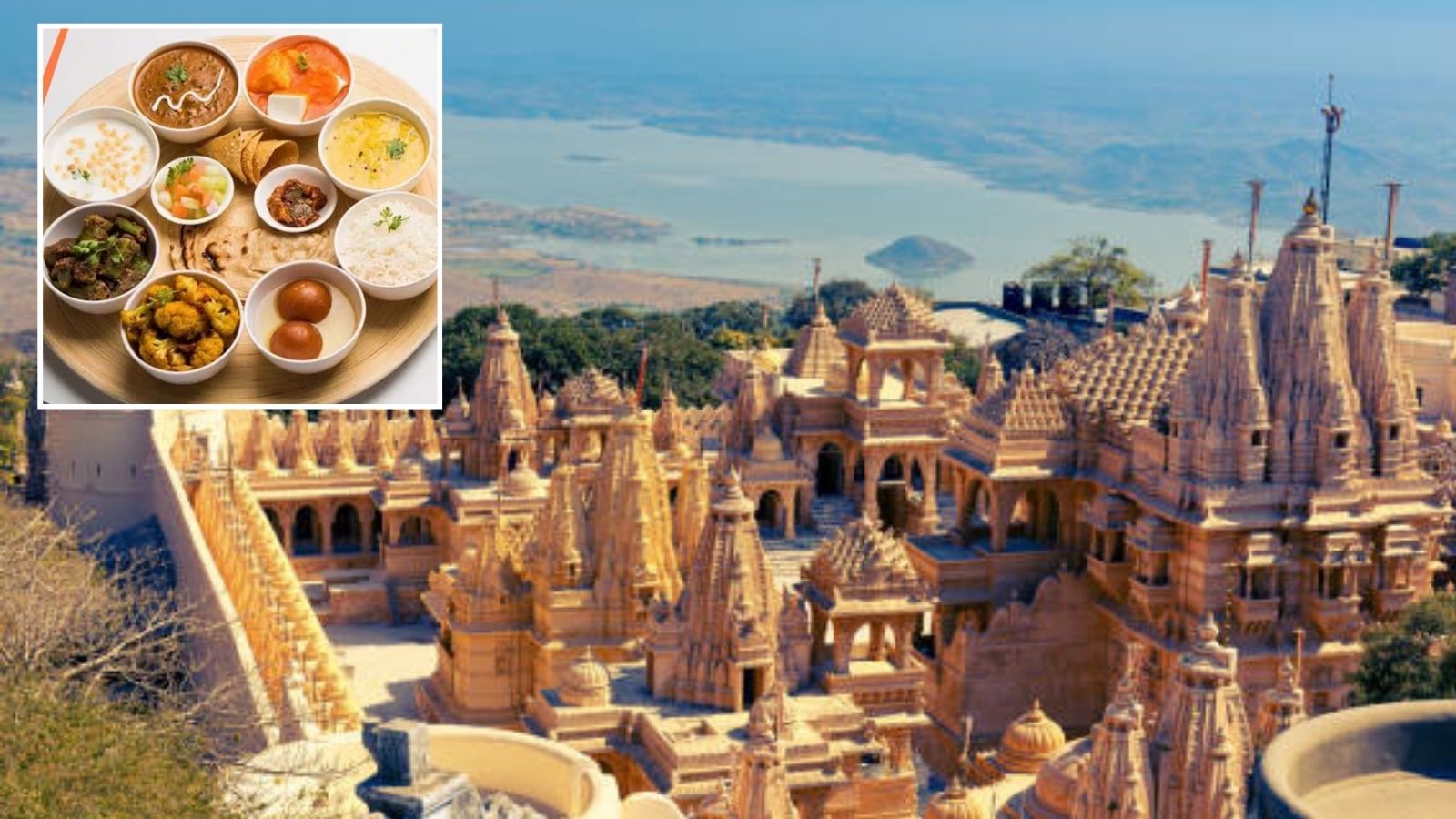[ad_1]
Jain Monks Lead the Movement
The journey towards this unique status began with a determined protest by around 200 Jain monks. These monks, steadfast in their belief in nonviolence, demanded the closure of 250 butcher shops operating within the city. Their actions were not merely a protest but a reflection of their deep spiritual commitment to preserving life in all forms. The principle of ahimsa, central to Jainism, forbids the harm of any living being, making the presence of such establishments in Palitana contradictory to its spiritual ethos.
Palitana: A Spiritual Hub
Palitana, often referred to as the “Jain Temple Town,” is renowned for its spiritual significance. The city is home to more than 800 temples, including the revered Adinath Temple, which draws thousands of devotees each year. These temples, many of which date back to the 5th century AD, are not just architectural marvels but are also considered sacred pilgrimage sites. Jains believe that visiting these temples can help them achieve liberation from the cycle of rebirth, making Palitana a vital destination for those seeking spiritual fulfillment.
Inspiring a Cultural Shift
The impact of Palitana’s decision has reverberated beyond its borders. Cities such as Rajkot, Vadodara, Junagadh, and Ahmedabad have begun to implement similar regulations, inspired by Palitana’s example. These cities are seeking to respect local sensitivities and cultural values, particularly in regions with significant Jain populations.
A Broader Cultural Dialogue
The ban has sparked important conversations about the balance between religious practices and individual freedoms in India’s diverse cultural landscape. While Palitana’s decision is celebrated by many for upholding the principles of Jainism, it also raises questions about how such regulations fit within the broader context of personal choice and freedom.
[ad_2]
